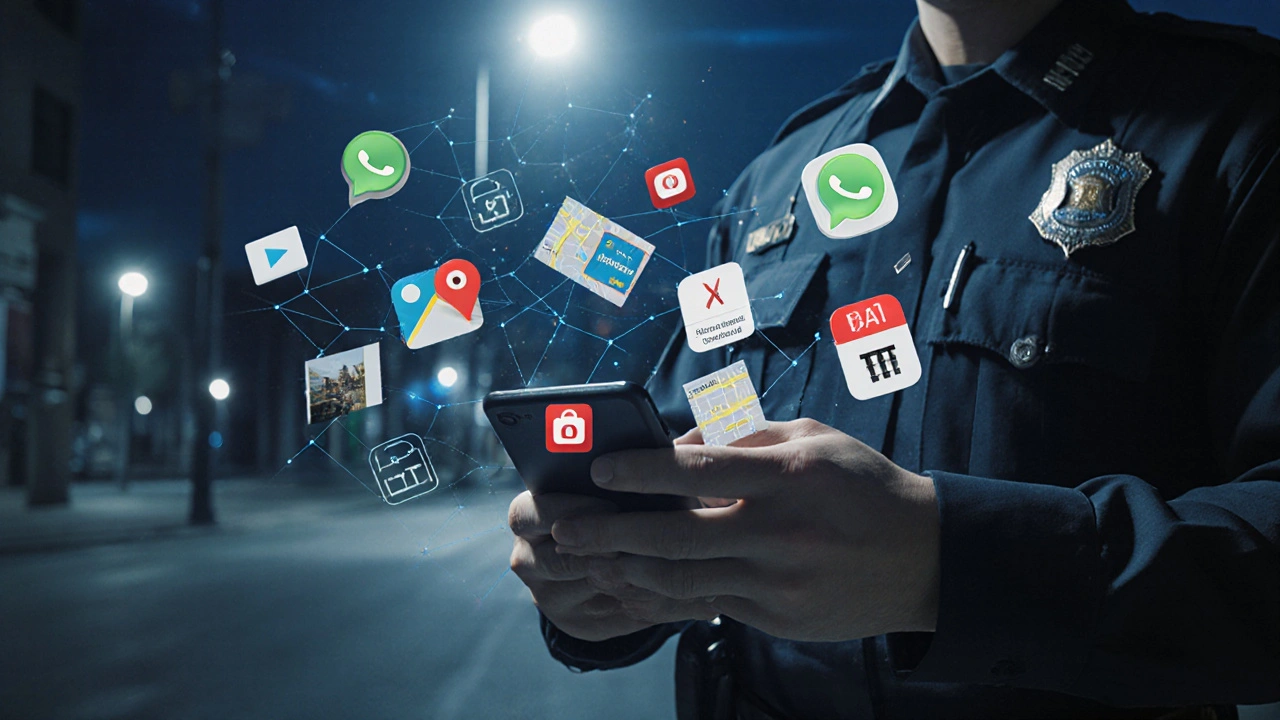Data Seizure: What It Means for Sex Workers and How to Stay Safe
When data seizure, the legal process where authorities take control of digital devices or online records for investigation. Also known as digital confiscation, it’s not just about catching criminals—it’s about dismantling the privacy that keeps sex workers alive. Police don’t need a warrant to grab your phone if you’re in a public space or under arrest. They can pull your messages, payment apps, location history, and even deleted files. And if you’re using apps like Signal, Telegram, or even Instagram DMs, they’re still traceable. This isn’t theoretical. In 2023, a sex worker in Manchester had her entire digital life exposed after a routine traffic stop. Her phone was seized, her contacts flagged, and her clients traced—all because she didn’t know her rights.
Digital evidence, any data stored electronically that can be used in legal proceedings is the new fingerprint. Screenshots of conversations, bank transfers labeled as "consulting fees," GPS pings from hotel rooms, even the time you opened an app—these are all pieces of a case. And unlike physical evidence, digital data doesn’t disappear. Cloud backups, synced devices, and auto-uploads mean your phone isn’t the only thing at risk. Your laptop, tablet, or even smartwatch can be pulled into the same net. That’s why law enforcement, government agencies with authority to investigate and seize property under legal statutes don’t just target sex workers—they target their entire digital ecosystem. They know you’re more likely to be careless with your phone than your cash.
But here’s the truth: you don’t have to be helpless. You can fight back—with preparation, not panic. Knowing how to lock down your devices, use encrypted tools that actually work, and document interactions safely turns survival from luck into a strategy. This collection of posts doesn’t just talk about risks—it shows you how to build real defenses. From how to set up burner accounts that don’t link back to you, to what to do if your phone is taken, to how to store evidence of abuse without leaving a trail—you’ll find actionable steps that real sex workers use every day.
There’s no magic button to erase your digital footprint. But there are simple, proven habits that make it harder for authorities to use your tech against you. What follows isn’t fearmongering—it’s a practical toolkit. These guides were written by people who’ve had their phones seized, their accounts frozen, their lives turned upside down. They’re here to help you avoid the same mistakes.

- Oct, 31 2025
- 0 Comments
Data Seizure and Phones: How Police Access Digital Evidence in Sex Work Cases
Police can seize your phone in sex work investigations and extract years of private data-even without a warrant. Learn how digital evidence is used, what you can do to protect yourself, and why this affects everyone’s privacy.
read more